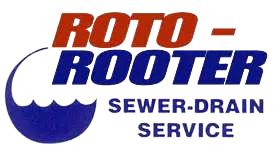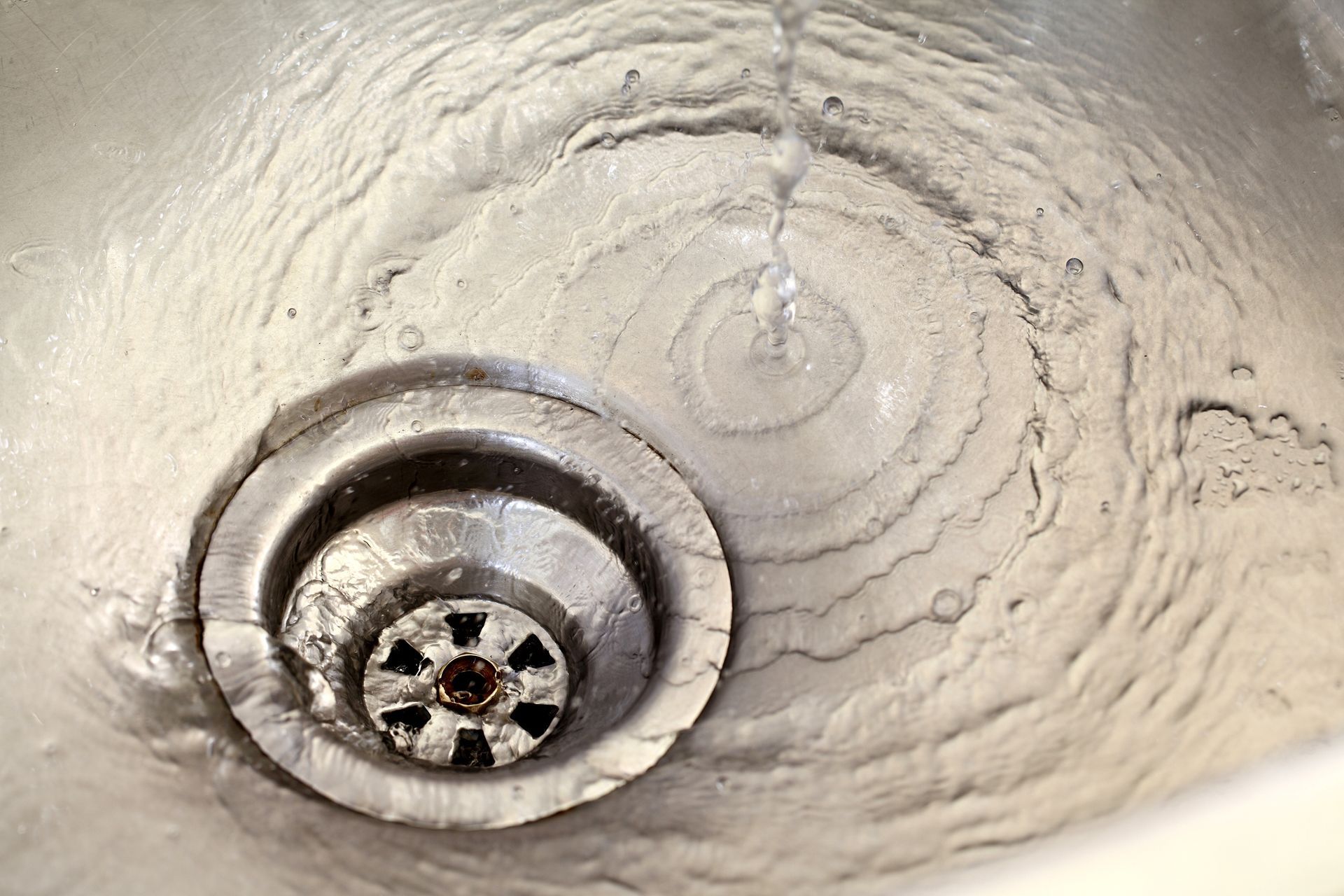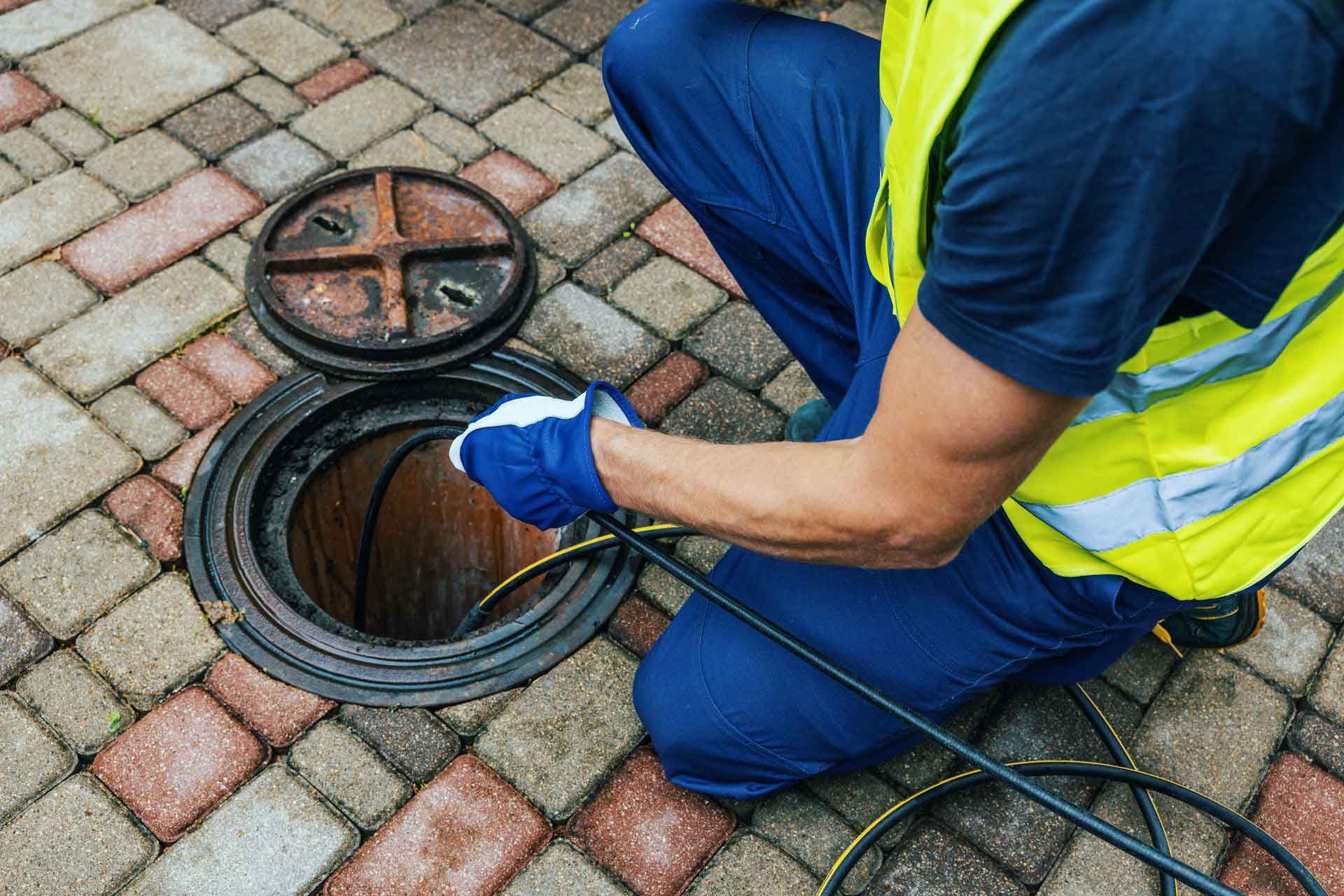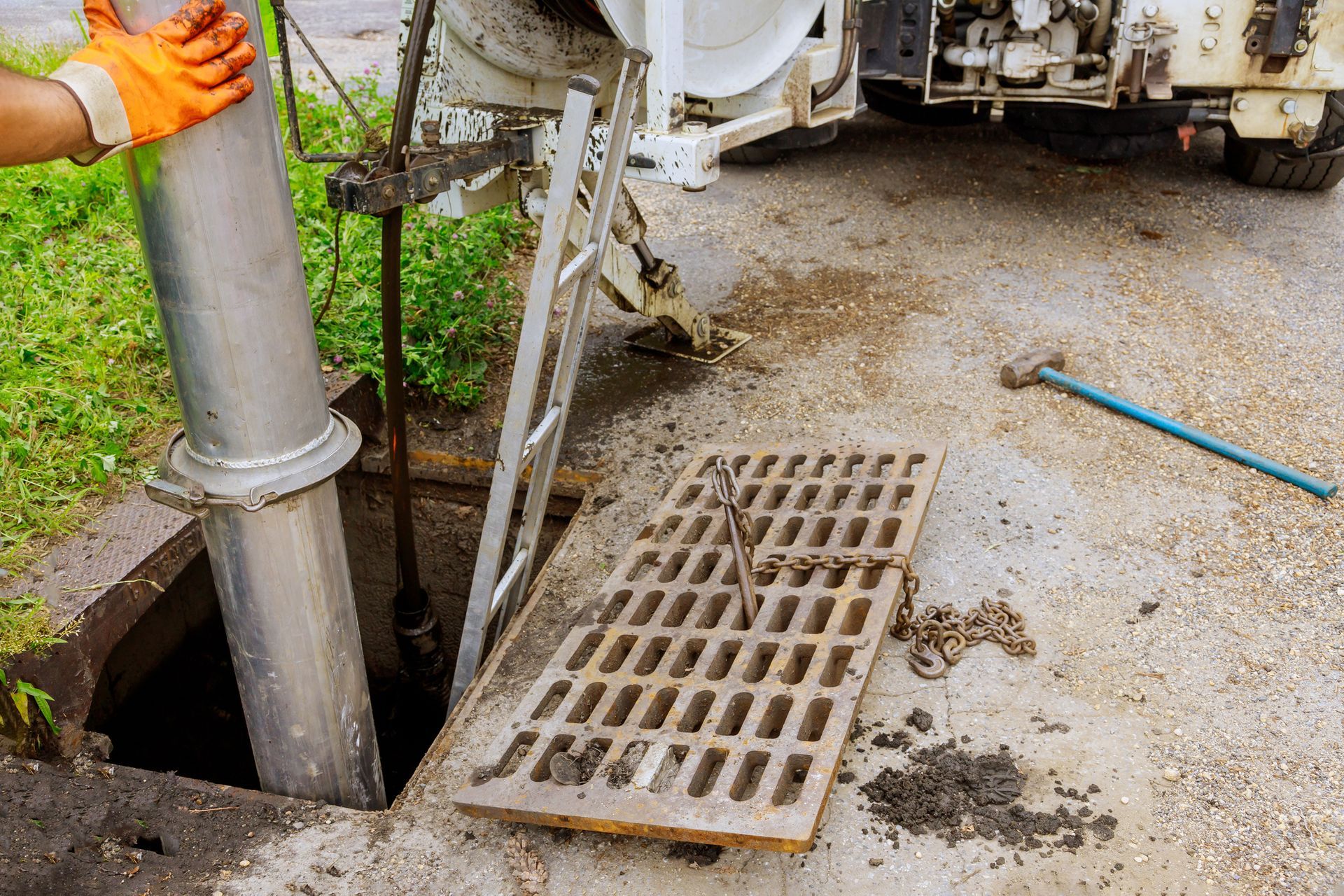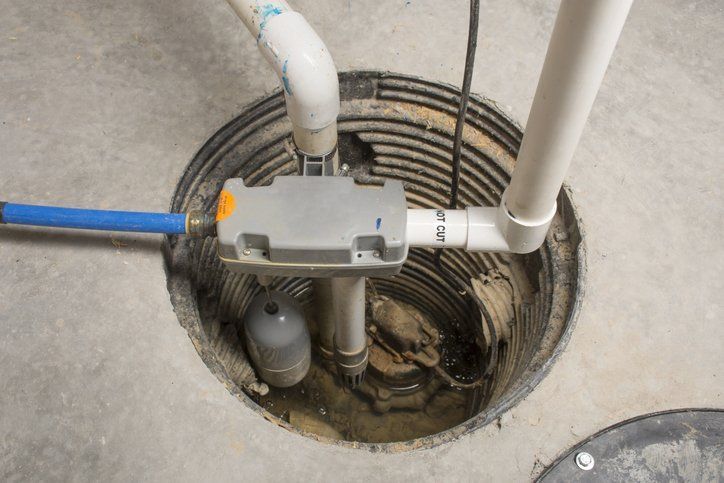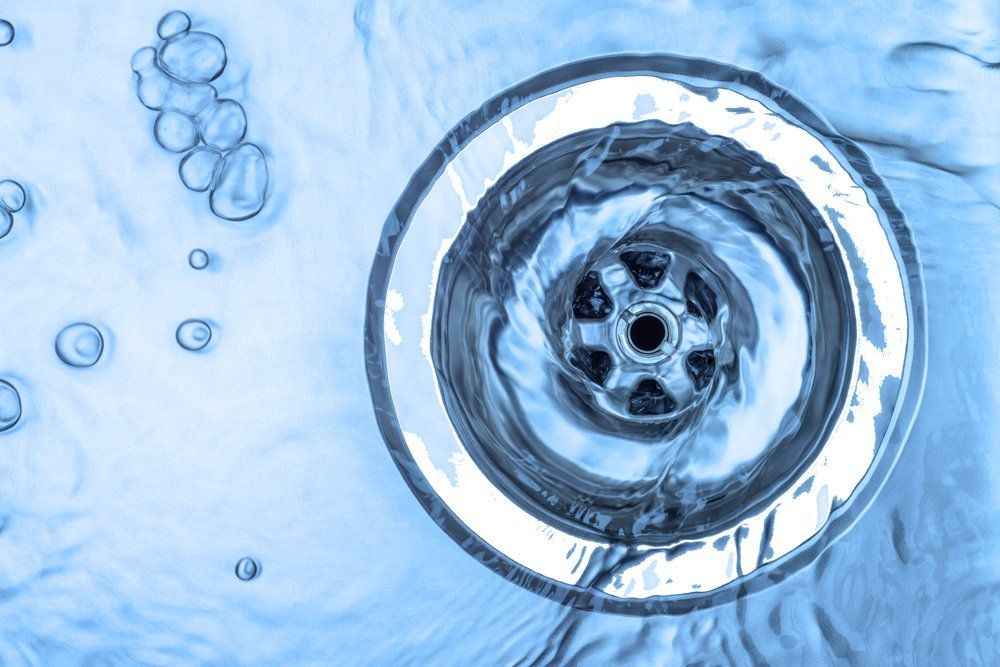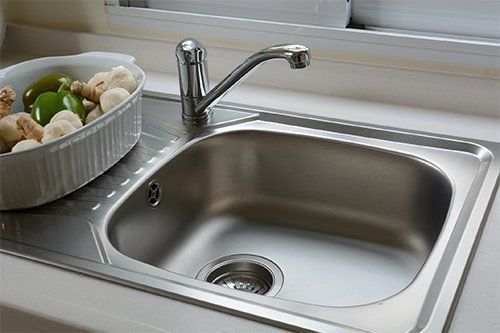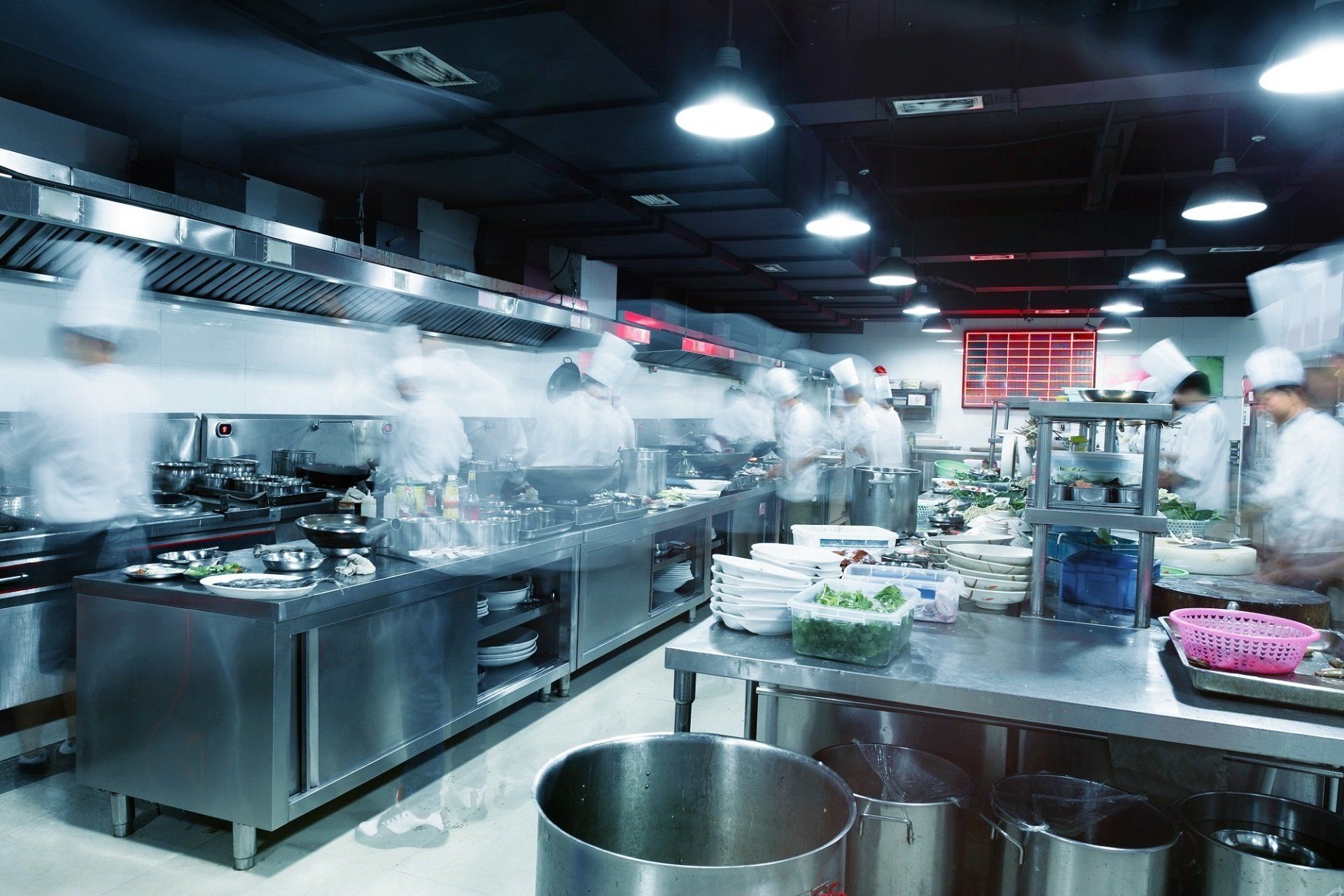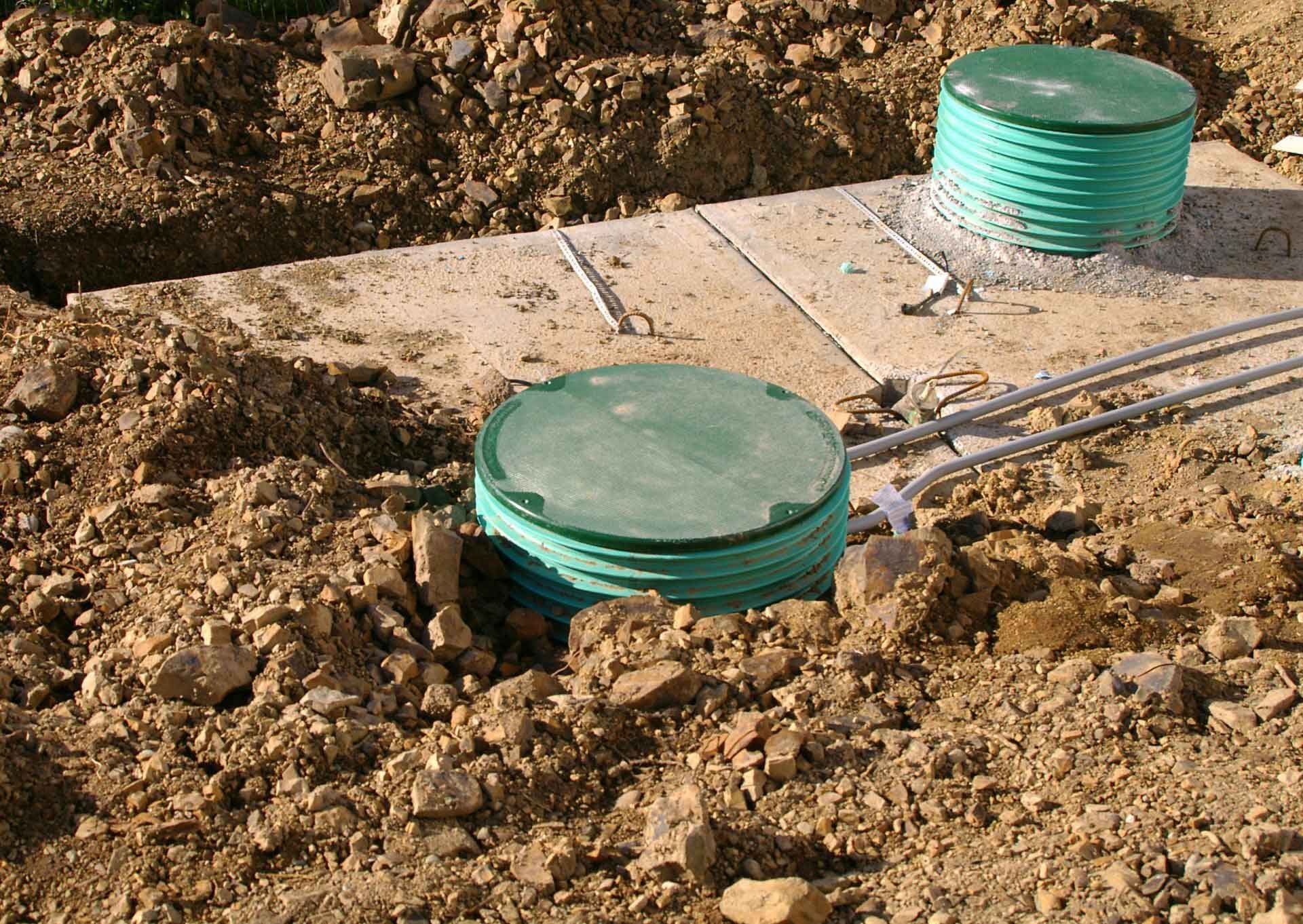Tips to Help You Prevent Grease Clogs in Your Drains
December 2, 2019
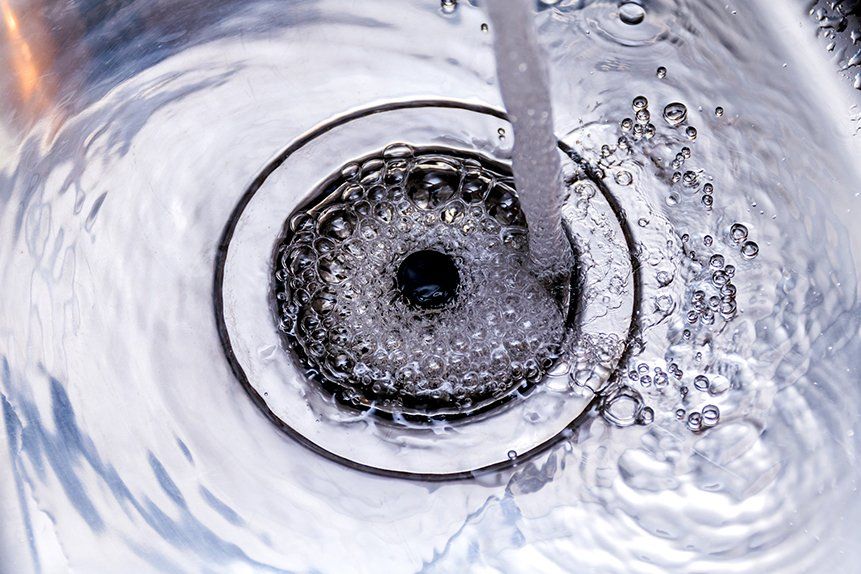
Grease is one of the items that can cause your drains to become clogged. Grease can narrow the opening of the pipe or obstruct it completely. Grease is challenging to remove, as it begins to harden as it cools and because it is sticky, so other items, such as food particles and hair, can get caught up in the grease.
Prevention is the best way to avoid grease clogs from forming in your drains. Here are a few tips that can help you prevent grease clogs from wreaking havoc on your drains.
Learn What Items Can Cause a Grease Clog in Your Drains
The first way to prevent a grease clog from forming in your drains is to learn what items that you dispose of contain grease. Most people are well aware that bacon grease is an item that they should not send down their drains. But did you know sending meat scraps or butter down your drain can lead to grease clogs, as these items contain fat, grease, and oil?
Some other items that you should avoid sending down your drain include:
- Dairy Products
- Cooking oil
- Soaps containing animal or vegetable fat
- Gravy
- Salad Dressing
- Mayonnaise
Many of the items that you send down the drain have grease, fat, or oil that can lead to grease clogs. Learn what items you should avoid sending down the drain to prevent a clog.
Pour Grease in Cans or Coffee Grounds to Dispose of It
The next tip that can help you prevent a grease clog is to learn how to properly dispose of your grease, fats, and oils. There are two good ways to dispose of these items. One way is to pour grease into a metal can, such as a vegetable can or a metal coffee tin. The other option is to mix the fat, grease, or oil in with coffee grounds. You can then dispose of the mixture in small amounts in a compost pile.
Scrape the Contents of Pots, Pans, Plates, and Containers Into Your Garbage Can
Another tip that can help reduce the likelihood of a grease clog in your drains is to scrape all of the contents of pots, pans, plates and containers into your garbage can. Many people scrape the leftovers into their sink. Many items left on the plate may contain grease. Scraping plates or containers out in the trash can keep this grease, fat, and oil out of your drain.
Keep Clogs at Bay by Rinsing Your Drain With Boiling Water Monthly
Despite taking all of the proper precautions to prevent a grease clog from forming, small amounts of grease may still make their way down your drain. The best way to prevent these small grease deposits from turning into larger grease clogs is to flush your drain with boiling water on a monthly basis.
Every month, boil a pot of hot water. Once the water comes to a boil, pour the water down your sink drain. Allow all the water to work its way down the drain. Follow this up by running warm water for a couple of minutes. This not only removes grease clogs but can flush out soap clogs as well.
Have Your Drains Professionally Cleaned When the Signs of a Clog Emerge
The last tip is to have your drains professionally cleaned if any signs of a clog develop. Many people notice that water is draining slower than normal, but they don't take action until the clog worsens and water no longer drains. Do not wait until your sink becomes backed up. When water is slow to drain, call in a professional to clean your drains and remove the clog.
If you have a clog in your drain and you are unable to remove it yourself, you should call in a plumber to help remove it. Here at Roto-Rooter Sewer Service, serving the Meridian, MS area, we can assist you with all of your home and commercial plumbing needs. Contact us today to schedule your appointment.
